The Anthologist: A Compendium of Uncommon Collections
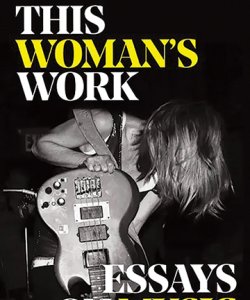
A look at three new anthologies, including Body Language: Writers on Identity, Physicality, and Making Space for Ourselves, edited by Nicole Chung and Matt Ortile.
Jump to navigation Skip to content
Articles from Poet & Writers Magazine include material from the print edition plus exclusive online-only material.

A look at three new anthologies, including Body Language: Writers on Identity, Physicality, and Making Space for Ourselves, edited by Nicole Chung and Matt Ortile.
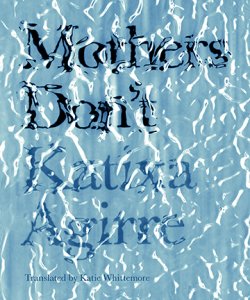
By presenting translations in trios, a new initiative from Open Letter Books puts international literature in context and celebrates the role of translator as curator.
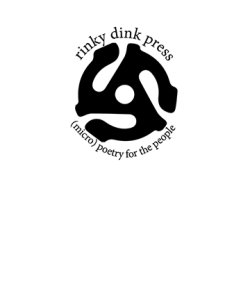
Each no bigger than a deck of cards, rinky dink’s “micro zines” aim to “get poetry back in the hands (and pockets) of the people” and make the genre more accessible.
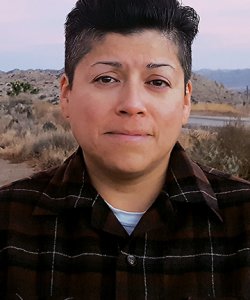
The author on the journals and zines that published essays from their collection, Brown Neon.
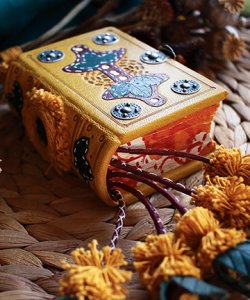
The celebrated Bulgarian bookmaker Stopan calls on his country’s craft traditions to create fantastical artist’s books that are “both in and out of folklore.”
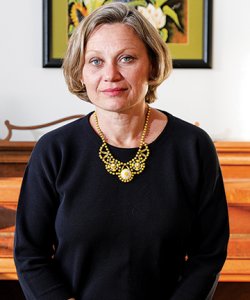
Zenia Tompkins, founder of the Tompkins Agency for Ukrainian Literature in Translation, discusses the impact of Russia’s invasion on her work and the agency’s urgent efforts to bring Ukrainian voices to the West.
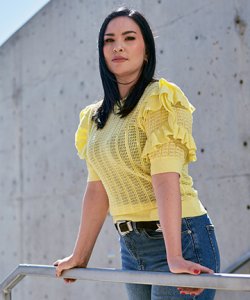
Kali Fajardo-Anstine’s new novel, Women of Light, chronicles five generations of an Indigenous Chicano family in the American West and is imbued with her rich sense of history and pride in her own mixed ancestry: “The story of who I am is inextricably tied to this country.”

“I wanted to write female friendship in a way that felt honest to me.” —Christine Kandic Torres, author of The Girls in Queens
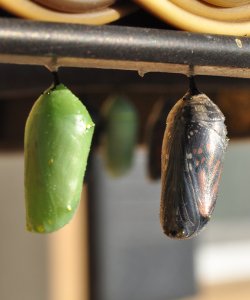
The author of [WHITE] explores how writing outside one’s primary genre can lead to literary breakthroughs.
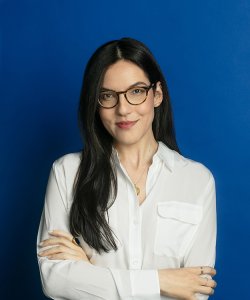
“When you’re in that in-between stage, between starting something and gathering speed, a piece of chipped nail polish is the most riveting thing in the world.” —Sloane Crosley, author of Cult Classic
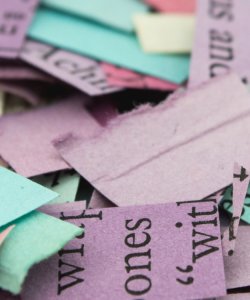
The author of [WHITE] shares how experimenting with found texts can energize the poetic process and expand a poet’s lyric repertoire.
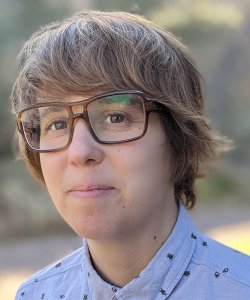
“I have to lock up my phone every day—in a box designed for locking up cookies—during the hours I’m writing. Text messages ruin me.” —Lydia Conklin, author of Rainbow Rainbow

“Prioritize writing. Make time for it. Plan it like you plan your grocery lists. Plant your ass in the chair and do it.” —Gabe Montesanti, author of Brace for Impact
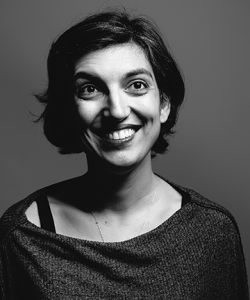
Elif Batuman, the best-selling author of The Idiot and its sequel, Either/Or, talks to Porochista Khakpour about the new novel, being named a finalist for the Pulitzer Prize, and what she learned on a trip to Russia and Ukraine.

“There are plenty of hard truths in Ma and Me that were difficult to put down on the page, and then there are other truths that are mine, and mine alone, to keep.” —Putsata Reang, author of Ma and Me
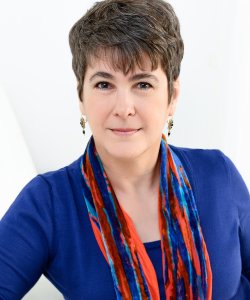
Lesley Wheeler reckons with vulnerability, loss, and family through a close reading of Jan Beatty’s poem “Red Sugar."
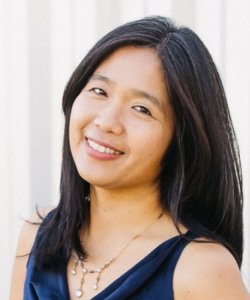
“If I had known about the twists and turns beforehand, I like to think I would have kept going, but maybe it’s better not to know.” —Vanessa Hua, author of Forbidden City
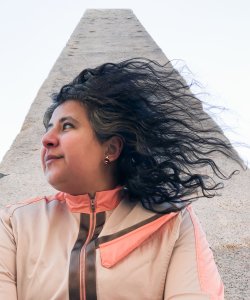
“This book has its own life force. All you have to do is allow it to come together.” —Marwa Helal, author of Ante body

Jay Hopler and Kimberly Johnson discuss their new books, the techniques and craft decisions they used in writing these collections, and the occasion to which both books respond: Hopler’s diagnosis of terminal prostate cancer in 2017.

“Adjust one small plot point in the second half of the book, and you realize you’ve got to go back to the beginning and account for that change.” —Soon Wiley, author of When We Fell Apart
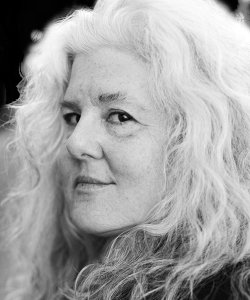
“I am a fitful writer: long periods of not writing followed by intense engagement.” —Dana Levin, author of Now Do You Know Where You Are

The author of Country of Origin looks back on the fifteen years she spent working on her debut novel.

The author spotlights five journals that published lyric and narrative poems from her debut poetry collection, The Body Family.
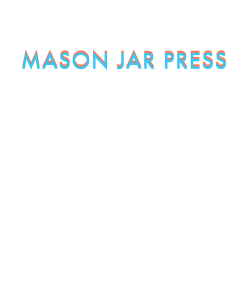
Two University of Baltimore MFA students founded the small press that publishes poetry, fiction, nonfiction, and hybrid work, and as well as a podcast and literary magazine.
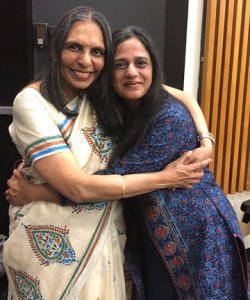
The Matwaala collective was launched in 2015 to create visibility for South Asian poets. Today, Matwaala programs such as the Poets of Color festival foster solidarity between different identity groups through literature.